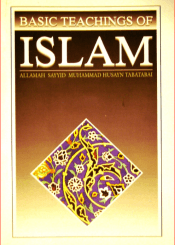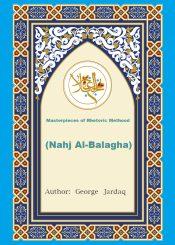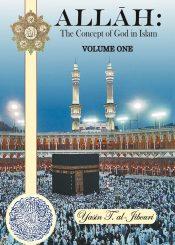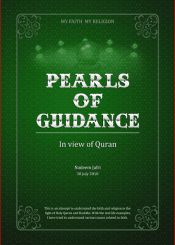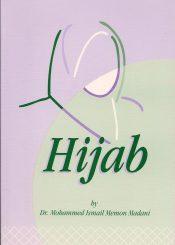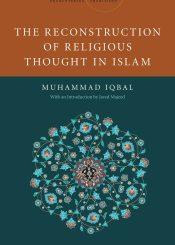Prophet Muhammed (P.): Celebrating Eid Al-Milad
Prophet Muhammed (P.): Celebrating Eid Al-Milad
0 Vote
419 View
Written By: Mulla Mujahidali Sheriff Eid means festival and Al-Milad, which originates from Wiladah in Arabic, is in reference to the birth of Prophet Muhammad (saww). There are a lot of arguments going on about celebrating Eid al-Milad. Some Muslims Scholars particularly those of Wahhabi School of Thought have condemn this openly and have declared it as Bidah meaning innovation; whereas others, who are in majority, and popularly referred to as Ahlus-Sunnah wal-Jamaah insist that there is nothing wrong in celebrating this great day. The Shiahs believe and support the celebration of Eid al-Milad too. Among the objectives of celebrating the birth of Prophet Muhammad (saww) are: - To remember the historical events, which took place during his birth time - Remind ourselves of his noble Seerah (character) in all aspects of life & revive his Sunnah (traditions) - Send Salawaat upon him as commanded by Allah (SWT) as many times as possible and earn its spiritual rewards - Take this as an opportunity to convey others about the message he (saww) brought for the entire mankind It is proven in the Holy Quran that celebration of Milad of noble and God-fearing personalities is a praise-worthy act. Allah (SWT) says: Certainly We sent Moses with Our signs: Bring your people out from darkness into light and remind them of Allah's (holy) days. There are indeed signs in that for every patient and grateful (servant). (14:5) In this verse Allah (SWT) orders Prophet Musa (as) to remind his nation about the days of Allah, the Almighty. "The days of Allah" are those days in which great events took place or Allah; the Almighty bestowed His great favours and rewards to His creatures. The example is then cited in the verse that follows: When Moses said to his people: Remember Allahs blessings upon you when He delivered you from Pharaohs clan who inflicted a terrible torment on you, and slaughtered your sons, and spared your women and in that, there was a great test from your Lord. (14:6) Emancipation of the nation of Prophet Musa (as) from Pharaoh is a day of Allah. The birthday of Prophet Muhammad (saww) is also, without any doubt, a day of Allah, because Prophet Muhammad (saww) emancipated the whole world from the darkness of ignorance and brought them to the light of guidance. Allah certainly favoured the faithful when He raised up among them an apostle from among themselves to recite to them His signs and to purify them, and to teach them the Book and wisdom, and earlier they had indeed been in manifest error. (3:164) The Holy Prophet Muhammad (saww) celebrated his own Milad by way of fasting. When the Prophet of Allah (saww) was asked about the fast of Monday. He (Allah's Grace and Peace be upon him) said:"I took birth and the Quran was revealed upon me in this day."(Mishkat Sharif, Page 179) This narration proves that to celebrate Milad al-Nabi is a tradition of the Holy Prophet (saww) on every Monday. Secondly it is lawful to fix a particular day for Milad al-Nabi (saww). Thirdly it is an act of Sunnah to worship (fast) whilst celebrating Milad al-Nabi (saww). On the joyous occasion of the birth of Prophet Muhammad (saww), we extend our heartiest greetings and felicitations to Imam al-Hujjah (AJ) and to all Muslims. EID-E-MILAD MUBARAK. __________________________________________________________ mulla@almahdi.org.uk Source: http://www.almahdi.org.uk

